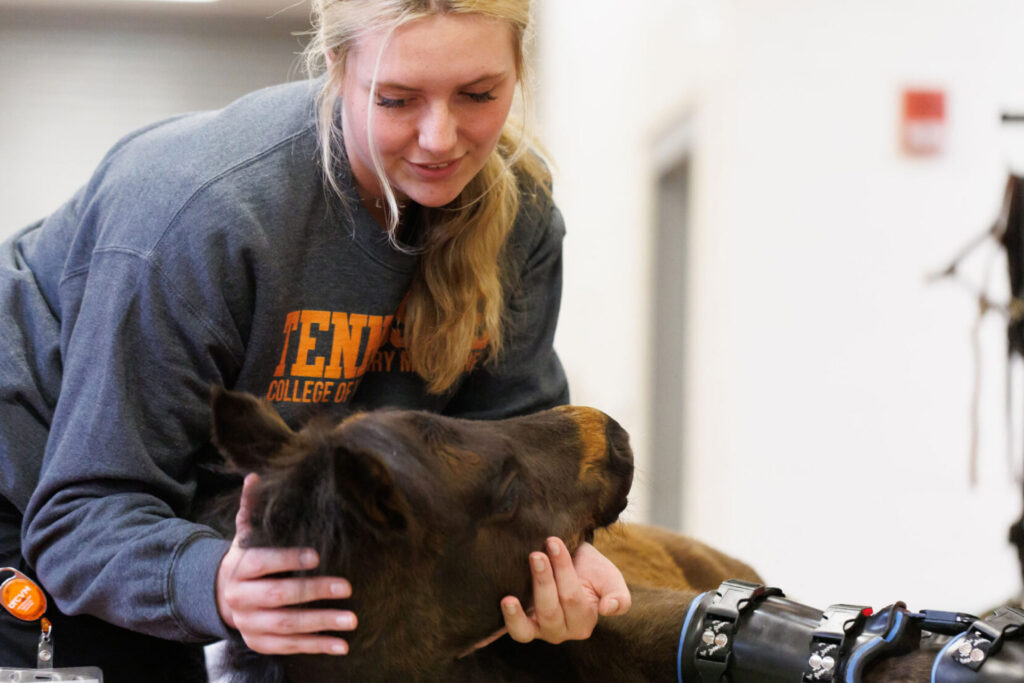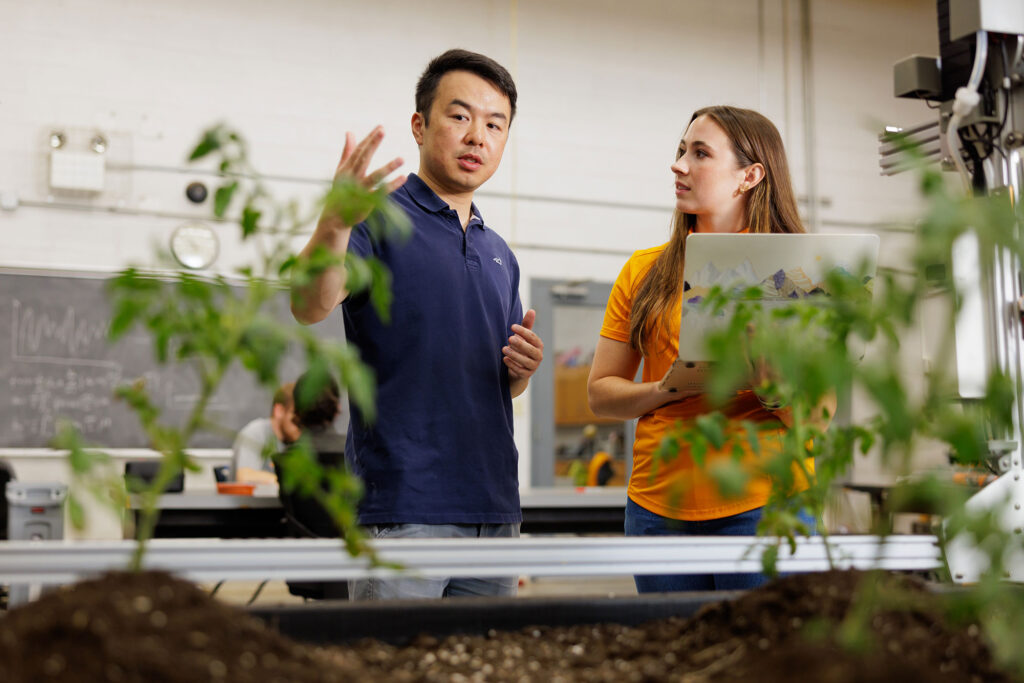AGRICULTURE & NATURAL RESOURCES PROGRAMS
Are you passionate about creating real-life solutions that make an impact on a local, regional, or even global level? Then UT’s agriculture and natural resources programs may be perfect for you! In this study area you can explore a wide variety of subjects from agricultural business and animal science to food microbiology and economics.

Agriculture & natural resources careers
Agricultural extension education
Construction project management
Education
Environmental technology
Horticulture therapy
Livestock production
Plant breeding
Reforestation
Research
Sales
Sport turf management
Sustainability
Veterinary medicine
Waste management operations
Potential employers
Aquariums and zoos
Botanical gardens
Breeding firms
Consulting firms
Farm cooperative services
Feed companies
Food distributors
Government agencies
Grower associations
Hospitals and therapy centers
Irrigation firms
Parks and recreation departments
Pharmaceutical companies
Professional sports arenas
Where you’ll study
Agriculture and natural resources programs like horticulture, wildlife health, bioscience, and more are housed within the Herbert College of Agriculture. But these programs are spread across many of our areas of study including architecture and design, communication and information sciences, business, education, engineering, science, social science, and veterinary medicine.


The Herbert College of Agriculture has provided me with endless opportunities and has allowed me to pursue my education in a way that I never thought possible as a first-generation college student.
Mackenzie
(’24)
Animal Science
Find programs in this Area of Study
Explore other Areas of Study
- Agriculture and natural resources
- Architecture and design
- Art and performance
- Business
- Communication and information sciences
- Education
- Engineering, math, and computers
- English and literature
- Health, wellness, and human sciences
- Languages, cultures, and humanities
- Law and justice
- Science
- Social science and social work
- Veterinary
Request Info
We’re excited you want to know more about the University of Tennessee! Select your degree type to get started.
